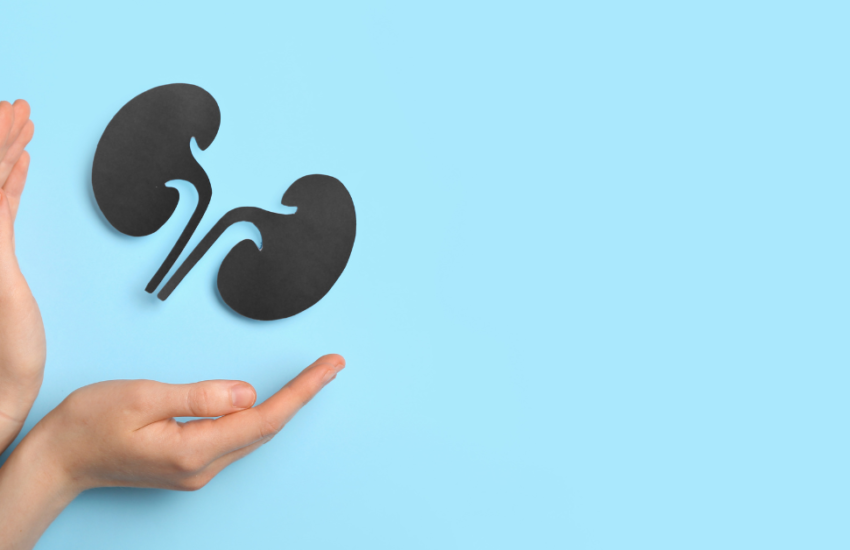If you’ve just gone through nephrolith treatment, then you might be feeling like you need to be managed. Unfortunately, if that’s true, then it’s not likely anyone will do the managing for you; it’s up to you to do it yourself. Fortunately, there are things you can do to make your own self-management easier and more effective, so read on!
Drink plenty of fluids
When you have had a nephrolith removed, it’s very important that you drink plenty of fluids. This will help keep your kidneys flushed and prevent the stone from coming back. Every day, drink at least 64 ounces of fluid. It doesn’t matter what type of fluid, as long as you consume enough total water and other fluids. You may also want to ask your doctor about which beverages are best for you.
You can also do things like soak in a bathtub or take a shower. Soaking in warm water is soothing, helps with cramps and soothes muscles after surgery. You can use gentle soap on the body, but avoid soap on open wounds or incisions because it can irritate them.
If there is no pain relief medication prescribed for you, taking Tylenol may help relieve discomfort from soreness or inflammation. Be sure not to take any more than directed on the bottle though – more could be dangerous for people with kidney problems!
Also Read – How can Smart Inhalers help with Asthma Treatment
Follow a low-sodium diet
The first thing you should do after treatment is follow a low-sodium diet. You can check labels for sodium content and stay under the recommended 2,300 milligrams per day. If you have high blood pressure, a doctor might recommend lowering your intake even more. Certain drugs, like aspirin and ibuprofen, also increase your risk of developing kidney stones so be sure to ask your doctor if you are taking these medications.
You should drink plenty of water as well. The National Kidney Foundation recommends at least eight glasses per day or 48 ounces total. It’s important not only because it helps flush out sodium from the system but also because it can help prevent dehydration that can lead to other health issues such as kidney infections or urinary tract infections.
Take your medications as prescribed
It is important that you take your medications as prescribed. You may have a few side effects, but they will pass. Your doctor will prescribe medication for these side effects, and you can always call the office if things don’t get better. If you experience problems with drowsiness or nausea, it is important that you tell your doctor right away so he or she can prescribe something else.
Avoid strenuous activity
For as long as possible, keep yourself in bed or on the couch. Strenuous activity can put pressure on your bladder and could cause a stone to move, or break up and form new ones. Avoiding strenuous activity will also lower your risk for developing a urinary tract infection. Try to limit your movements so that you don’t get up more than once every 2 hours during the day, and once every 3-4 hours at night. Always use the restroom before getting out of bed.
While going to the bathroom, do not try to push down hard when urinating. Holding your urine too long (holding it until it’s painful) is bad because this increases the chances of passing stones. Drink plenty of fluids throughout the day to keep from getting dehydrated.
Also Read – How to Market Your Medical Practice?
Monitor your weight
It’s important for kidney patients to monitor their weight. Kidney stones can cause a buildup of waste in the body, which increases the chances of gaining weight. Monitoring your weight is one way to make sure that you’re not gaining too much or losing too much.
It’s also important for kidney patients to watch their sodium intake after Nephrolith treatment. Your kidneys are responsible for filtering out excess sodium from your blood. If they aren’t working properly, then this task may be taken on by other organs such as the heart and liver, which could lead to health complications down the line.
Follow up with your doctor
After your Nephrolith treatment, it is important to follow up with your doctor as needed. Keep track of how you are feeling and what symptoms you are experiencing. You should also avoid strenuous activities or work that could lead to injury while recovering. Your doctor for Nephrolith treatment in Coimbatore will likely recommend drinking plenty of fluids, getting enough rest, and eating a healthy diet.
